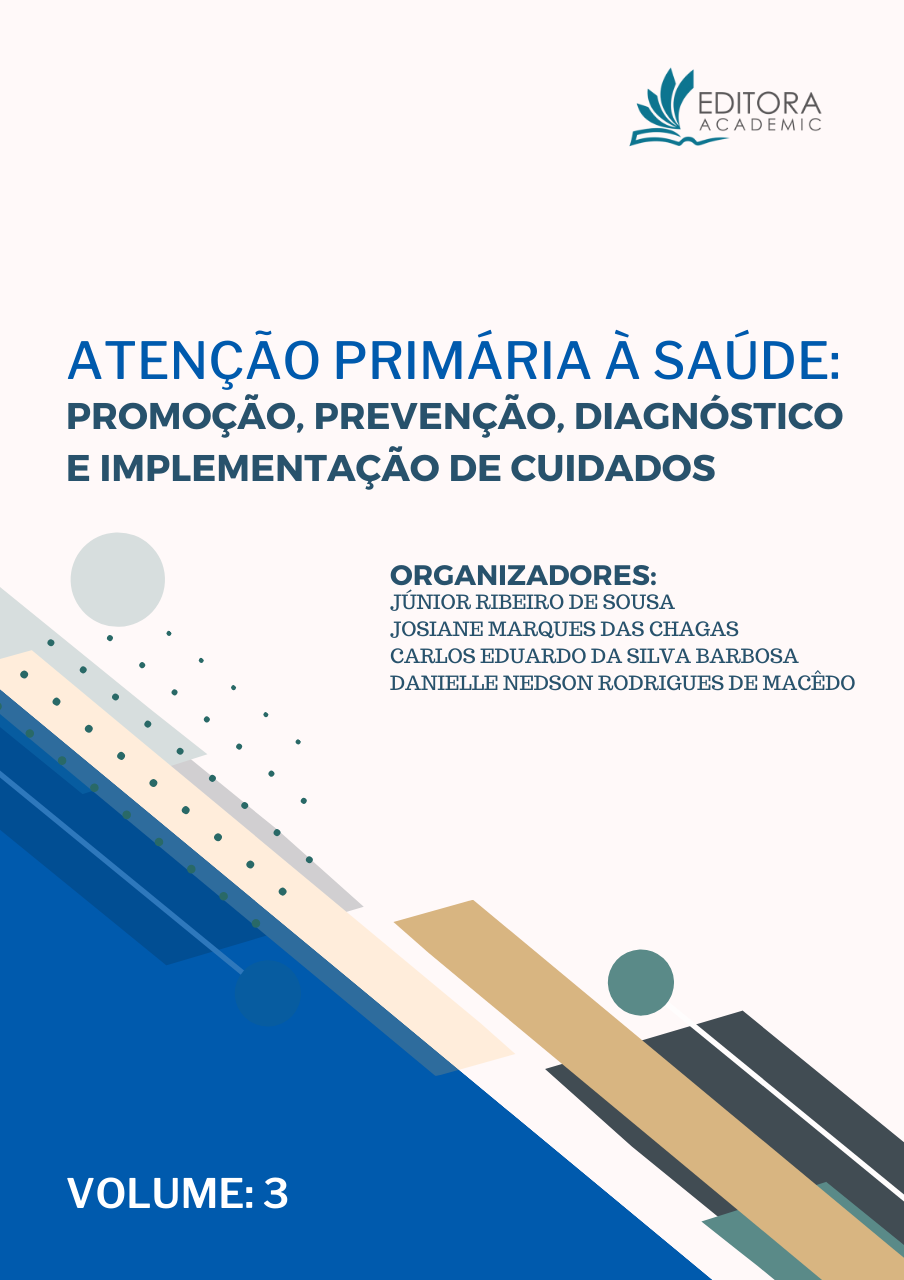
Objetivo: Analisar a história clínica do diagnóstico do erro inato do metabolismo no metabolismo e quadro clínico da paciente durante todo o período de internação em um Hospital de Recife. Método: Tratou-se de um relato de caso do tipo observacional descritivo. Discussão: O cumprimento adequado das recomendações de 25-35 kcal/kg/dia e de 1,2 a 1,5g/kg/dia de alimentos de teor qualitativo e quantitativo em conformidade, além do controle hídrico ajustado conforme diurese residual, estipulada por Riella, para doentes renais crônicos em tratamento dialítico e transplantados mostrou-se eficiente em estabilizar quadro sintomatológico apresentado e no controle de taxas glicêmicas em ambiente hospitalar, sendo coadjuvante na eficácia da terapia hemodialítico. Dessa forma, necessita-se de um adequado manejo clínico multidisciplinar correto tanto no efeito dos imunossupressores necessários quanto na redução da prevalência das complicações metabólicas e destes sintomas gastrointestinais referidos. Conclusão: As intervenções multidisciplinares, associando com as complicações metabólicas e nutricionais, verificou-se o controle eficaz da função renal e do balanço hídrico decorrente do quadro infeccioso de repetição relatado, além do manuseio dietoterápico com alimentação individualizada e suplementação especializada.